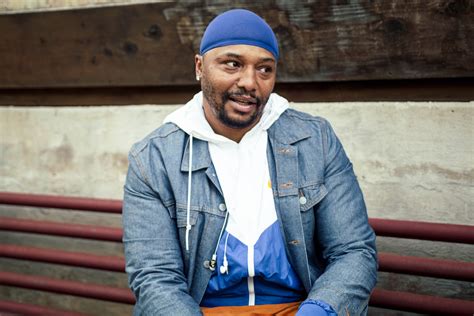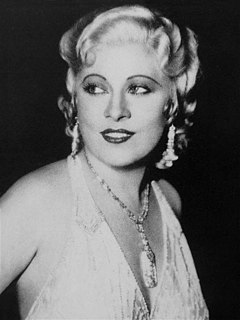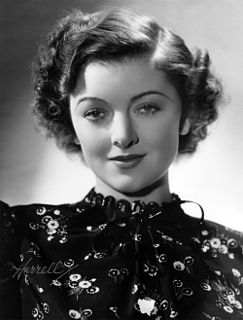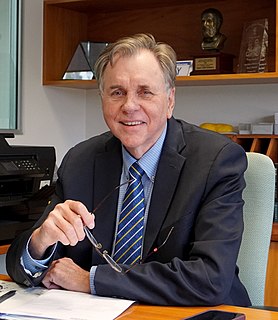A Quote by Albert Hofmann
I suddenly became strangely inebriated. The external world became changed as in a dream. Objects appeared to gain in relief; they assumed unusual dimensions; and colors became more glowing. Even self-perception and the sense of time were changed. When the eyes were closed, colored pictures flashed past in a quickly changing kaleidoscope. After a few hours, the not unpleasant inebriation, which had been experienced whilst I was fully conscious, disappeared. What had caused this condition?
Quote Topics
After
Appeared
Assumed
Became
Been
Caused
Changed
Changing
Closed
Colored
Colors
Condition
Conscious
Dimensions
Disappeared
Dream
Even
Experienced
External
Eyes
Few
Fully
Gain
Glowing
Had
Hours
Inebriation
Kaleidoscope
More
Objects
Past
Perception
Pictures
Quickly
Relief
Self
Sense
Strangely
Suddenly
Time
Unpleasant
Unusual
Were
Which
Whilst
World
Related Quotes
LSD was my "wonder child", we had a positive reaction from everywhere in the world. Around two thousand publications about it appeared in scientific journals and everything was fine. Then, at the beginning of the 1960s, here in the United States, LSD became a drug of abuse. In a short time, this wave of popular use swept the country and it became "drug number one". It was then used without caution and people were not prepared and informed about its deep effects. Instead of a "wonder child", LSD suddenly became my "problem child".
This rose became a bandanna, which became a house, which became infused with all passion, which became a hideaway, which became yes I would like to have dinner, which became hands, which became lands, shores, beaches, natives on the stones, staring and wild beasts in the trees, chasing the hats of lost hunters, and all this deserves a tone.
Blasts from the past were like the rooms one entered and re-entered in dreams: they would not stay nailed down. When you returned to them, they had changed - they suddenly had more space or a tilt or a door that had not been there before. New people were milling around, the floors undulated, and the sun shone newly, strangely in the windows, or through the now blasted-open ceiling, or else it shone not at all, as if having fled the sky.
The poet's role has changed over the centuries, the ages. The poets, the griots, used to be the keepers of the facts; they were the story tellers, and the stories were allegorically written truths: where we came from, how we migrated over this river, got with this tribe, became this nation, and tamed the mountains. It changed from that to being purely entertainment. And once it became purely entertainment, it lost something.
More people saw me than saw Napoleon, Lincoln and Cleopatra. I was better known than Einstein and Picasso. ... I changed the fashion of two continents. The style of the Gay Nineties became the rage ... women were trying to walk and talk like me. Women became more sex-conscious - sex was out in the open and fun.
When I think of [my relationship with Gable], considering the way it started, it was curious. We became devoted to each other. We weren't lovers-he was in love with Carole Lombard...we eventually became more like siblings. Nobody believes that and you can understand why...but our relationship was unique. Oh he sometimes gave me the macho routine when people were watching but he changed when we were alone.
When Star Wars became a hit and I had a chance to make the other movies, I had to figure out a way to bring Ben back, but a lot of the issues he had to deal with were carried by Yoda. In a sense, I combined Yoda with the spirit of Ben. I wanted Ben to have some kind of influence, but I didn't want it to be a direct influence where he could help Luke. So Ben has managed to keep his identity after he became one with the Force. One of the things he was doing on Tatooine besides watching over Luke was learning how to keep his identity after he became part of the Force.
What [Nietzsche] calls slave morality is to him purely spite-morality; and this spite-morality gave new names to all ideals. Thus impotence, which offers no reprisal, became goodness; craven baseness became humility; submission to him who was feared became obedience; inability to assert one's self became reluctance to assert one's self, became forgiveness, love of one's enemies. Misery became a distinction
I see The Gap ads as being a great example of how branding has changed. Those Gap campaigns are pop culture. They've been incredibly powerful. They have had the kind of effect on culture that a hit band has. Just look at The Gap's Khaki swing ads, which were music videos. They had this tremendous impact on the industry - suddenly everything started looking like Gap ads and it became difficult to know who was co-opting whom and who was creating culture.




































